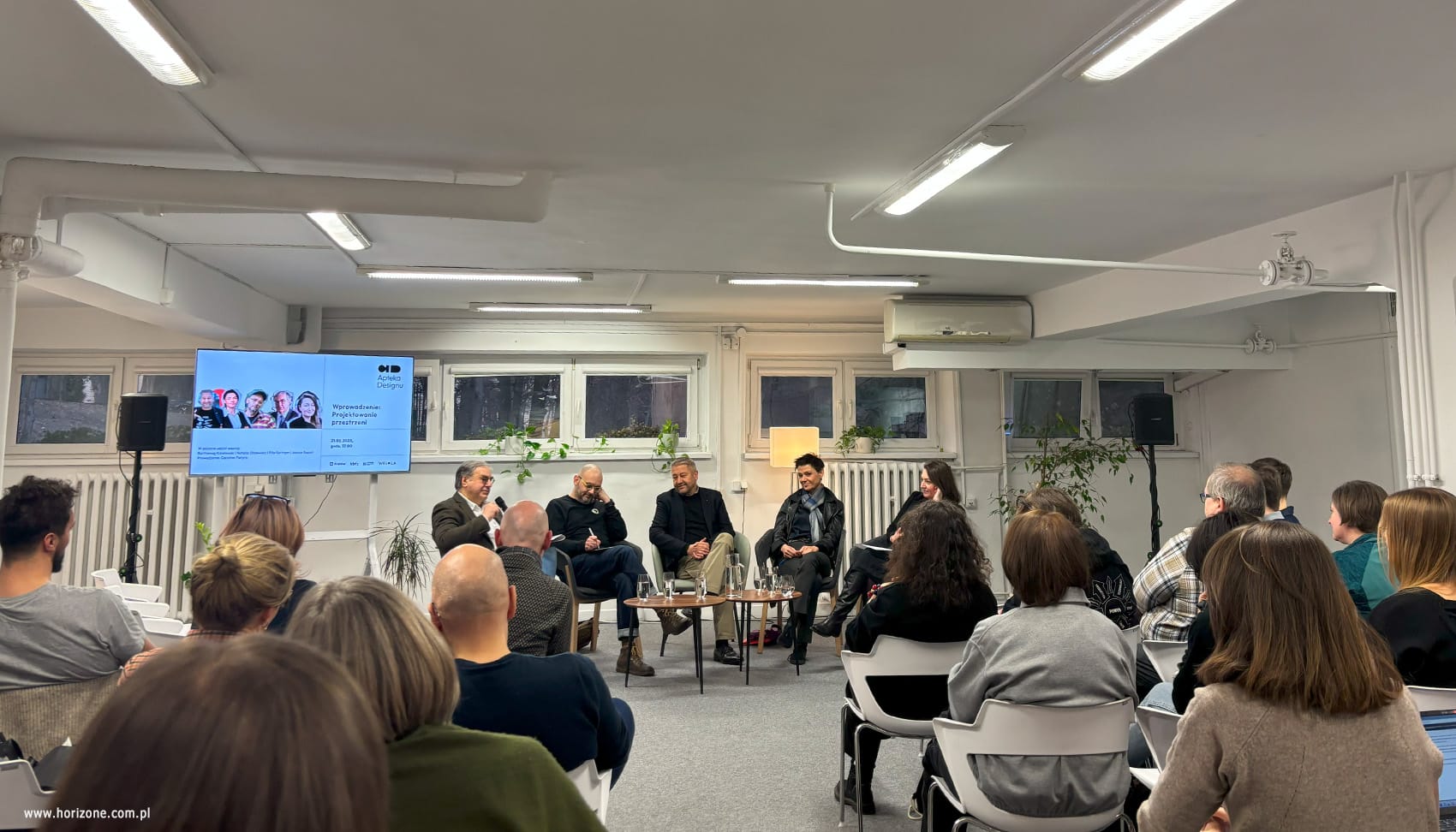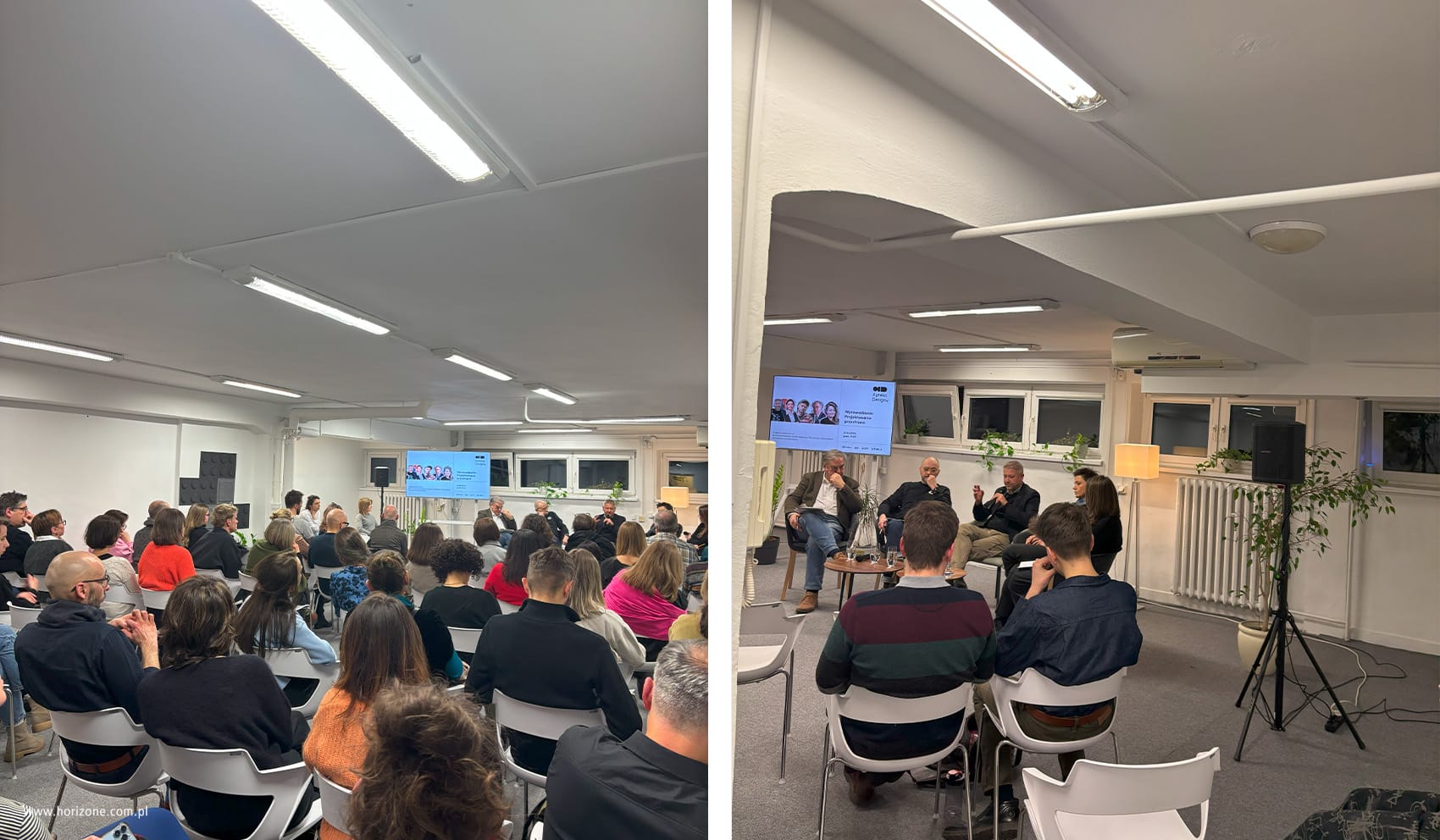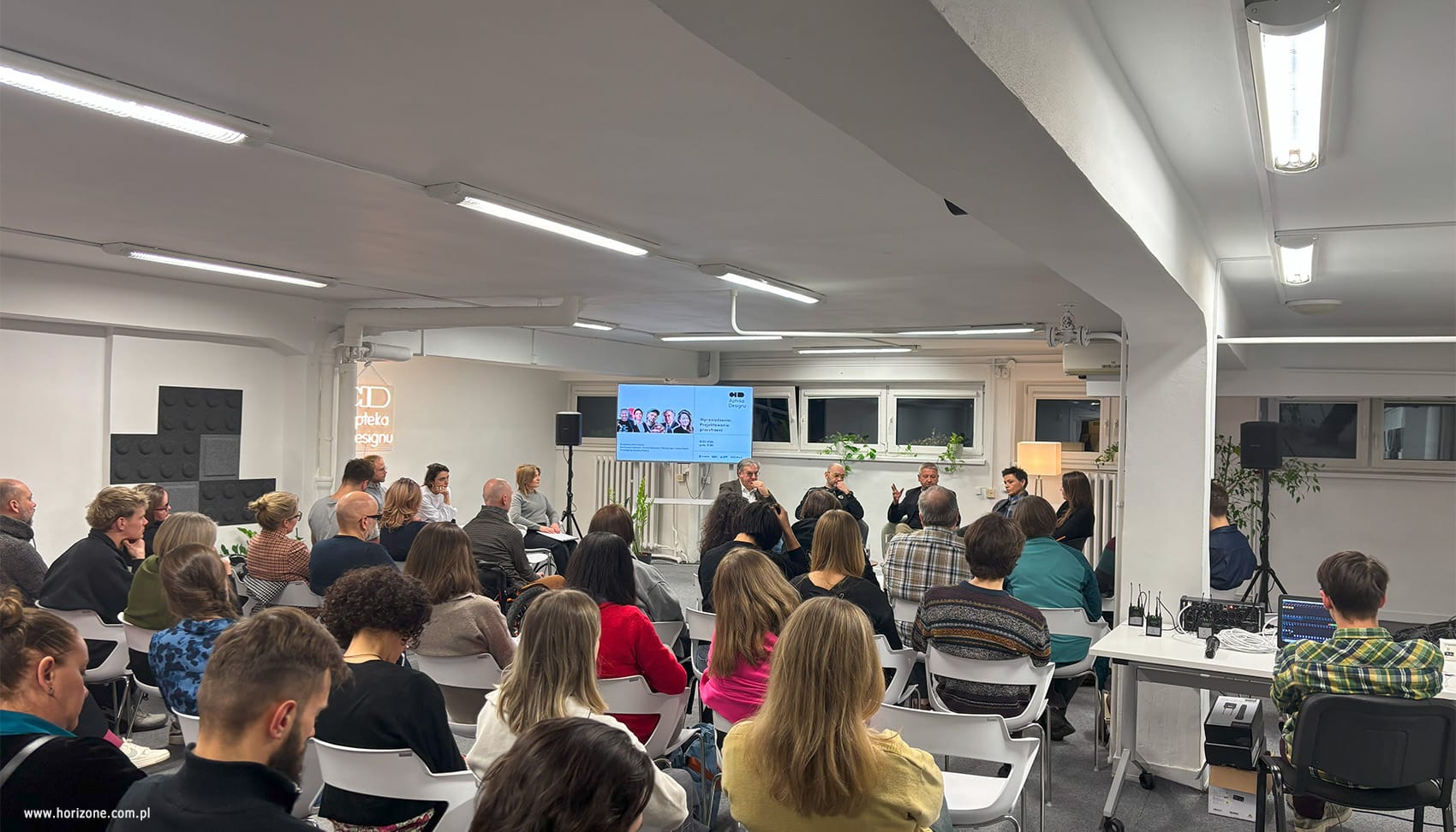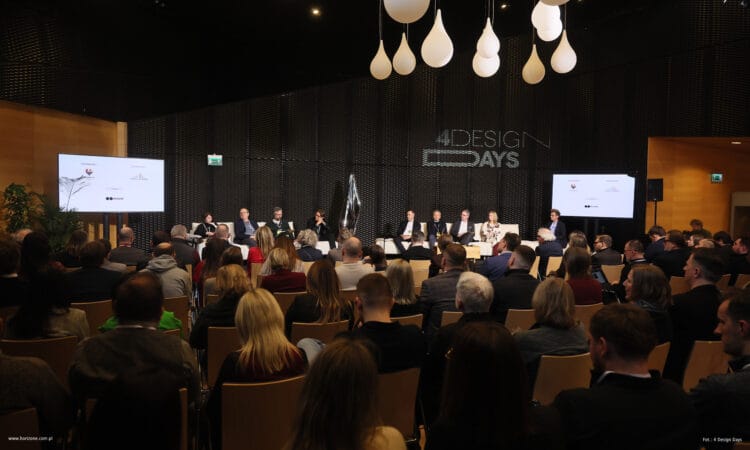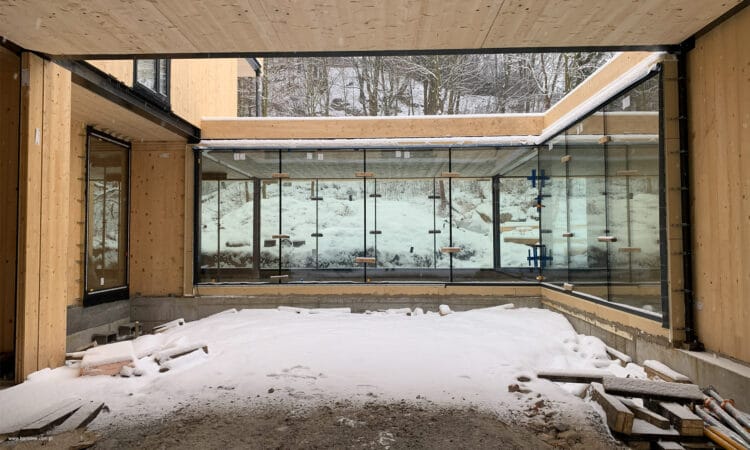The following people took part in the debate:
Filip Springer – writer and photographer, author of books on architecture, space and landscape such as “Wanna z kolonadą. Reportaże o polskim przestrzeni”, “13 piętroer”, “Źle Urodzin. Reportaże o architekturyu PRL-u”, “Mein Gott, jakpięknie” and the recently published “Szara godziny. Czas na nowy architektury”. Co-founder and program director of the literary Festival po Drodze. In 2020, together with prof. Julia Fiedorczuk, he founded the School of Ecopoetics at the Institute of Reportage in Warsaw. Lecturer at the Polish School of Reportage, creator of the Trasa by Springer project. His books have been translated into German, English, Hungarian, Czech and Chinese.
Natalia Olszewska – specialist in the application of neuroscience in architectural design. Co-founder of the research and consulting company IMPRONTA, dealing with design for health and well-being. She has a unique education in the fields of medicine (Jagiellonian University and Tor Vergata), neuroscience (University College London, École Normale Supérieure, Sorbonne) and neuroscience applied to architectural design (Università IUAV). She completed scientific internships at Harvard University and the College de France, among others. She gained experience working on projects for global companies such as Arup, SKANSKA, EDGE and HKS Architects. Lecturer in the NAAD (Neuroscience Applied to Architectural Design) program organized by the IUAV University in Venice.
Janusz Sepioł – architect, art historian, urban planner. He graduated from the Faculty of Architecture of the Krakow University of Technology and art history at the Jagiellonian University. He worked at the Krakow Development Office, as a Provincial Architect, and at the Housing and Urban Development Office. He served as Vice-Marshal and then Marshal of Małopolska, as well as a senator of the Republic of Poland for two terms. In the years 2021-2024 he was the Architect of the City of Rzeszów, and since September 2024 he has been the Chief Architect of Krakow. Author of many scientific and journalistic texts devoted to architecture and urban planning, author of ten books and co-author and editor of several more. Member of SARP, awarded in 2016 with the honorary medal of the “Bene Merentibus” association. Hobby – drawing architecture.
Bartłomiej Kisielewski – architect with over 25 years of professional experience. For years interested in the space of the city. Member of the Advisory Board of the PLGBC Polish Green Building Council. In the years 1996-1997 and 2002-2009 he worked in Berlin. Since 2009, he has co-run the architectural office Horizone Studio in Kraków, which specializes in designing technologically advanced office, residential and public buildings, focusing on green building issues, among others.
The meeting was moderated by Carolina Pietyra, director of KBF.
The event began with an inspiring conversation with invited guests, after which participants had the opportunity to ask questions during the Q&A session. The discussion concerned, among others, who and how is responsible for the common space, as well as how architecture can affect the quality of life of local communities.
The meeting was also an announcement of the 2nd program chapter of Apteki Designu, which from April to June will become a place for talks about responsibility for public space and the future of urban planning.
We would like to thank all participants for the inspiring conversations and invite you to the next events!

